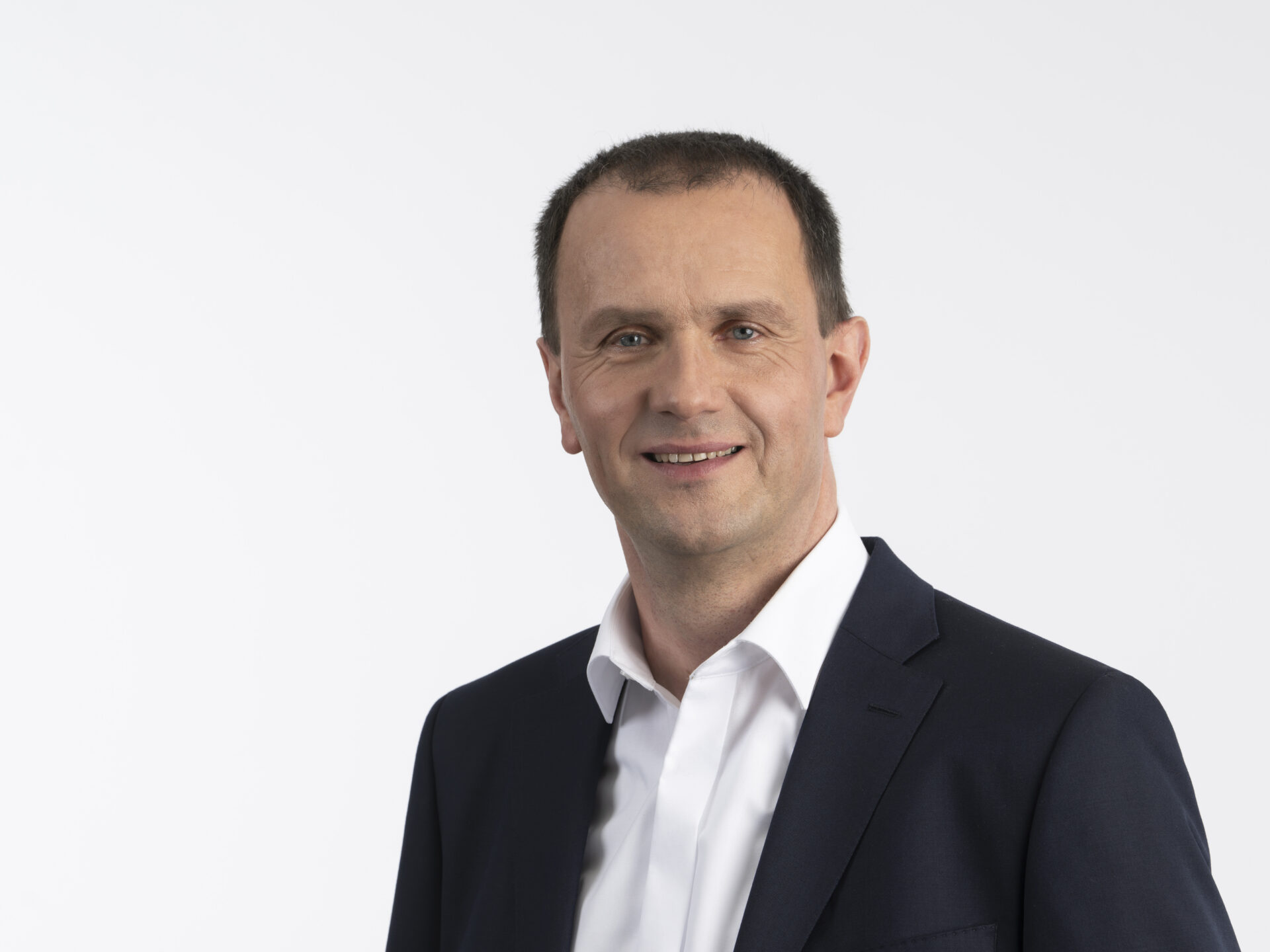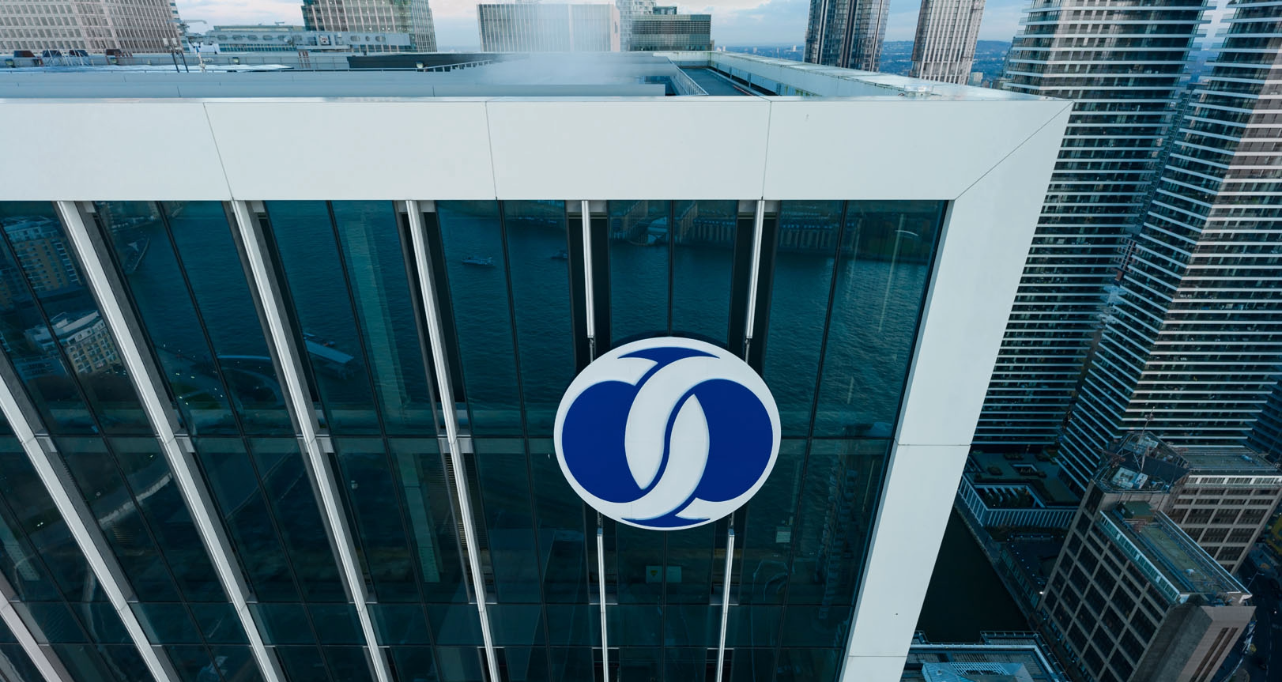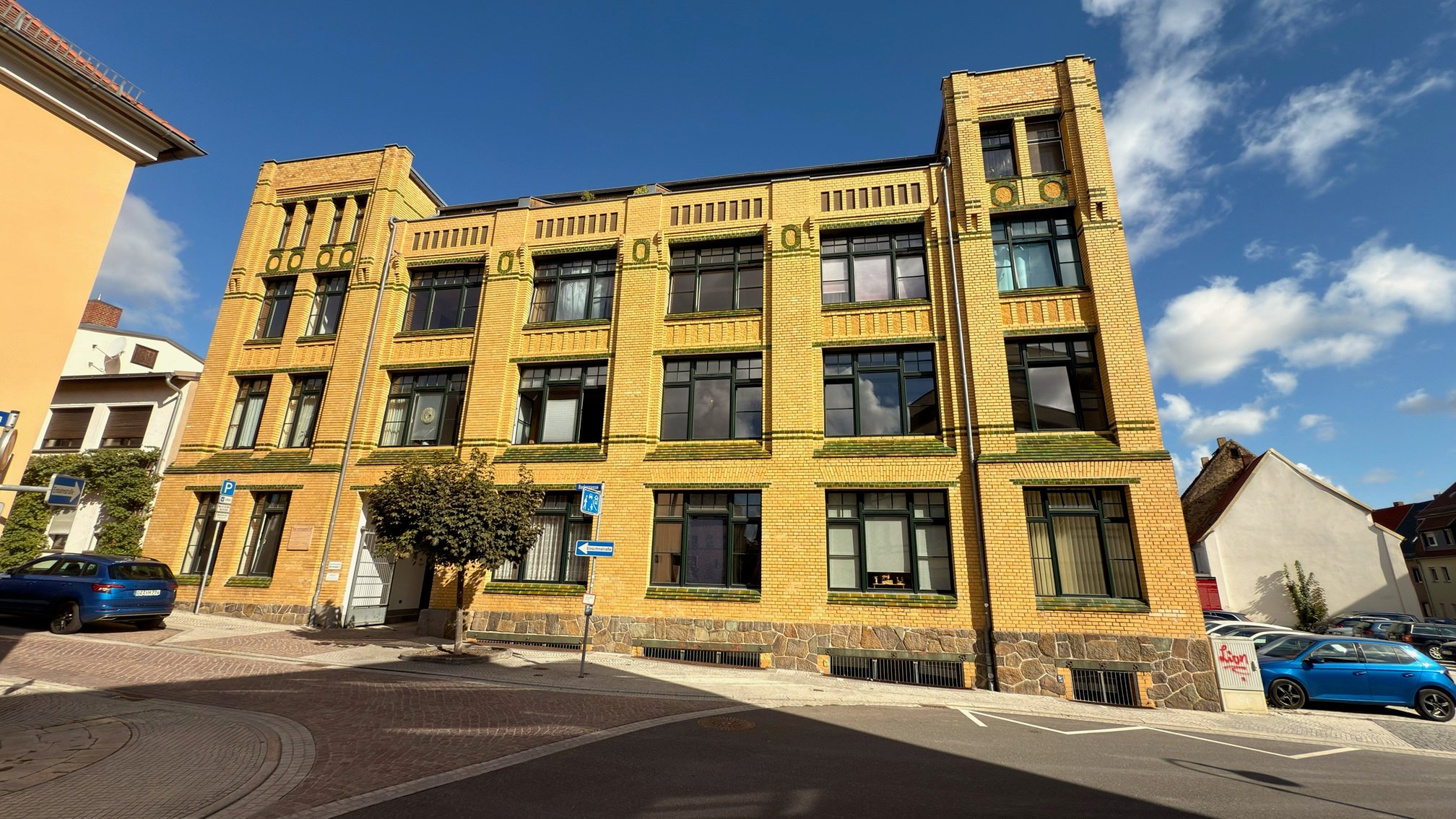Deutsche Pfandbriefbank AG (pbb) is acquiring a majority stake in companies of the Deutsche Investment Group, a provider of asset and investment solutions for institutional investors in the German residential and commercial real estate sectors.
The Bank is thus realising one of the key plans of its Strategy 2027: growth in investment management. In total, pbb aims to build assets under management of between €4 billion and €6 billion by 2027. The transaction will result in the acquisition of assets under management totalling around €3 billion. The commission income generated will contribute significantly to the target of a 10 percent contribution to earnings in 2027.
Deutsche Investment operates with sustainable profitability. pbb will acquire 89.9 percent of the regulated asset management company (AIFM) as well as other companies, and the majority interests of the Deutsche Investment Group. The purchase price, including variable purchase price components, is in the mid double-digit million euro range. The transaction is expected to be completed in the first quarter of 2026, subject to customary closing conditions, in particular, the necessary regulatory approvals. The acquisition is expected to have a positive effect on pbb’s consolidated net income as early as 2026.
pbb’s results for the first half of the year are impacted by the Bank’s recently announced withdrawal from the US markets. Overall, the one-off effects on loan loss provisions and operating profit totalled € -314 million. In the first six months of the current financial year, the pre-tax result therefore totalled € -249 million (H1 2024: €47 million). Excluding the one-off US effects, the pre-tax result for the first half of the year was €65 million. In the second quarter, the bank’s pre-tax result amounted to € -277 million (Q2 2024: €13 million). Adjusted for the one-off special charge, pre-tax profit was €37 million.
Despite the strong earnings effect, the common equity tier 1 ratio (CET1) remained very robust at 15.3 percent at the end of the first half of the year (Q1 2025: 15.7 percent). The moderate decline in the ratio reflects prudential backstops, according to the Capital Requirements Regulation (CRR), already deducted from regulatory capital.
“We are making very good progress with the Bank’s transformation,” says Kay Wolf, CEO of pbb. “Deutsche Investment Group is an established investment manager with a strong range of services, especially in the residential sector. With this acquisition, we are laying a strong foundation for the further expansion of our investment management, which will complement our core business of commercial real estate financing in Europe in the future. The withdrawal from the US markets will have a considerable negative impact on our results this year. However, our continued strong capital ratio shows that we can shoulder this strategic decision well. We expect to significantly reduce our risk positions in the coming months. This will free up capital that we intend to utilise in line with our Strategy 2027.”
In commercial real estate financing (REF), the Bank’s new business in Europe grew significantly again in the first half of the year. It rose by 52 percent to €2.5 billion (H1 2024: €1.6 billion; in each case including prolongations > 1 year). Of this, €1.5 billion was attributable to the second quarter. The gross interest margin in new business remained high at ~240 basis points. Profitability in new business in Europe stood at around 10 percent return on tangible equity (RoTE) at the end of the first half of the year. The hotel, senior and student housing and data centre property types defined as strategic now account for 21 percent of the new business pipeline. The portfolio volume of the REF portfolio stood at €28.2 billion at mid-year (end of 2024: €29.0 billion).
Operating income fell to €206 million in the first half of the year (H1 2024: €278 million). The significant decline is mainly due to the withdrawal from the USA (fair value measurements, equity accounting) and a high realisation result in the previous year. Net interest and commission income fell to €215 million (H1 2024: €249 million), which reflects the reduced portfolio and the devaluation of the US dollar, among other things. Adjusted for the special effects in the USA, operating income in the second quarter increased slightly compared to the previous quarter to €119 million (Q1 2025: €118 million).
The risk provision result is characterised by one-off special effects from the US withdrawal. It totalled € -323 million in the first half of 2025 (H1 2024: € -103 million). Of this, € -297 million (Q2 2024: € -56 million) was attributable to the second quarter alone. Risk provision totalling € -14 million net was recognised for the European business in the second quarter (Q2 2024: € -35 million).
Administrative expenses totalled € 115 million in the first half of the year and thus remained at the previous year’s level. The cost-income ratio (CIR) rose to 61 percent (H1 2024: 45 percent), primarily due to the transformation costs in the second quarter. Adjusted for the special effects from the US withdrawal, the CIR was 52 percent in the second quarter compared to 54 percent in the first quarter. Strict cost discipline remains the bank’s focus, with the medium-term target of a CIR of under 45 percent.
On the liabilities side, refinancing activities developed very favourably. Investor interest in a subordinated bond (Tier 2) with a volume of €300 million in June was very high, and the issue was 6.4 times oversubscribed. The order book was highly diversified with more than 170 national and international investors.
The deposit volume amounted to €7.5 billion at mid-year (end of 2024: €7.6 billion). Liquidity amounts to more than €5 billion, and the liquidity ratio (LCR) is 330 percent.
In the second half of the year, pbb aims to generate a positive pre-tax profit again, with stable operating income. New business volume of € 6.5 billion to €7.5 billion is planned for the year as a whole (2024: €5.1 billion). The focus remains on profitability in line with the strategic goals for 2027.
The overall portfolio is expected to remain largely stable at €28-29 billion until the end of the year. The CET 1-ratio is expected to remain above 14 percent throughout the cycle.
The bank remains committed to its medium-term targets for operating income, CIR and return on equity.






